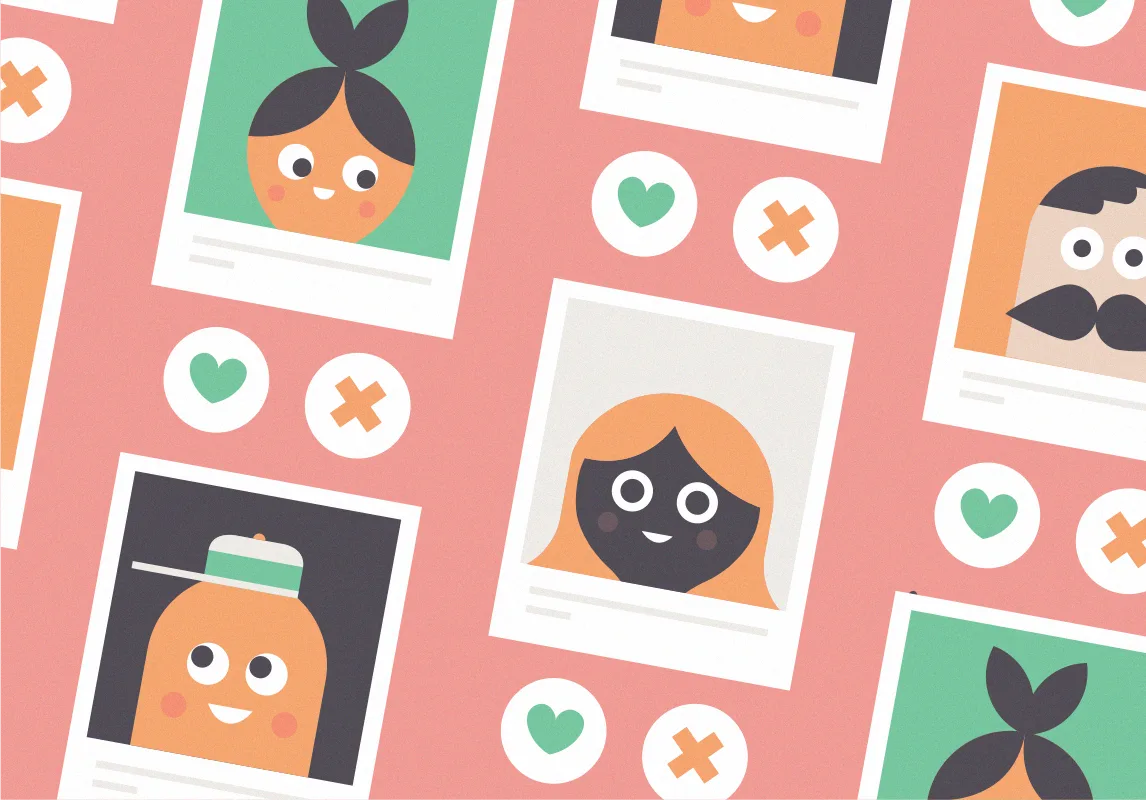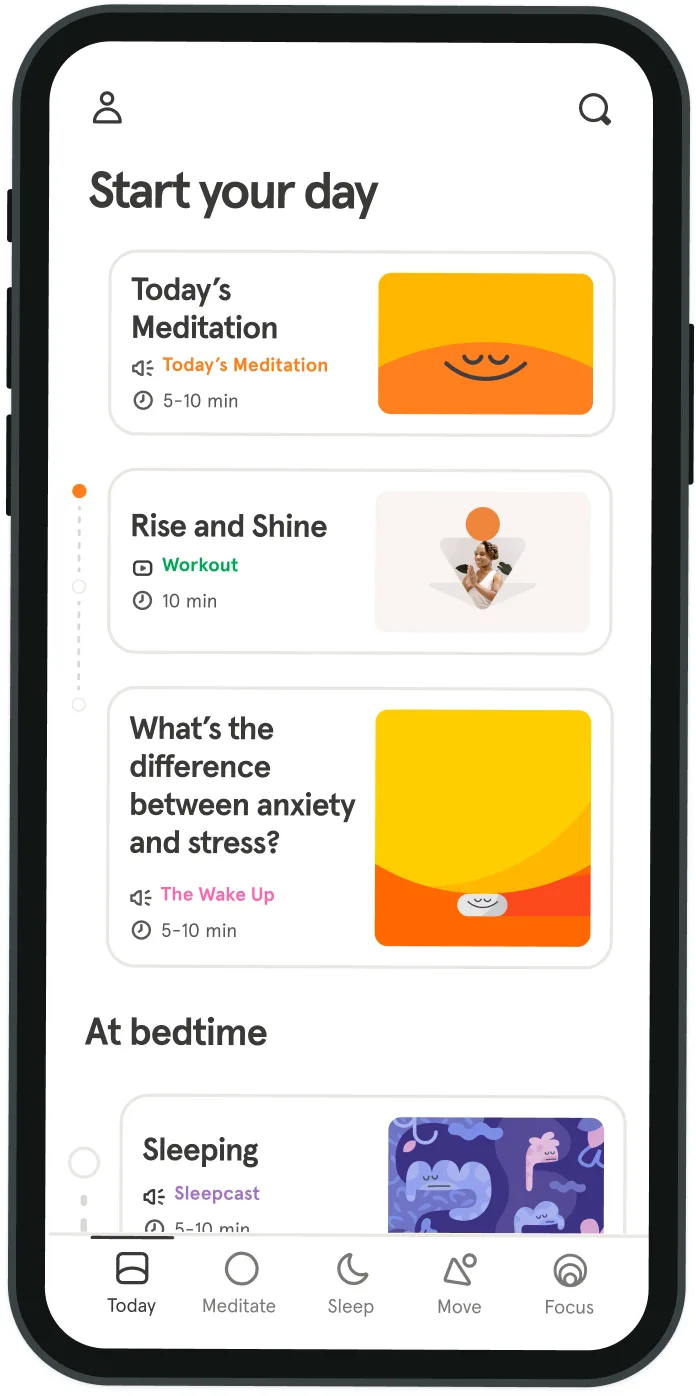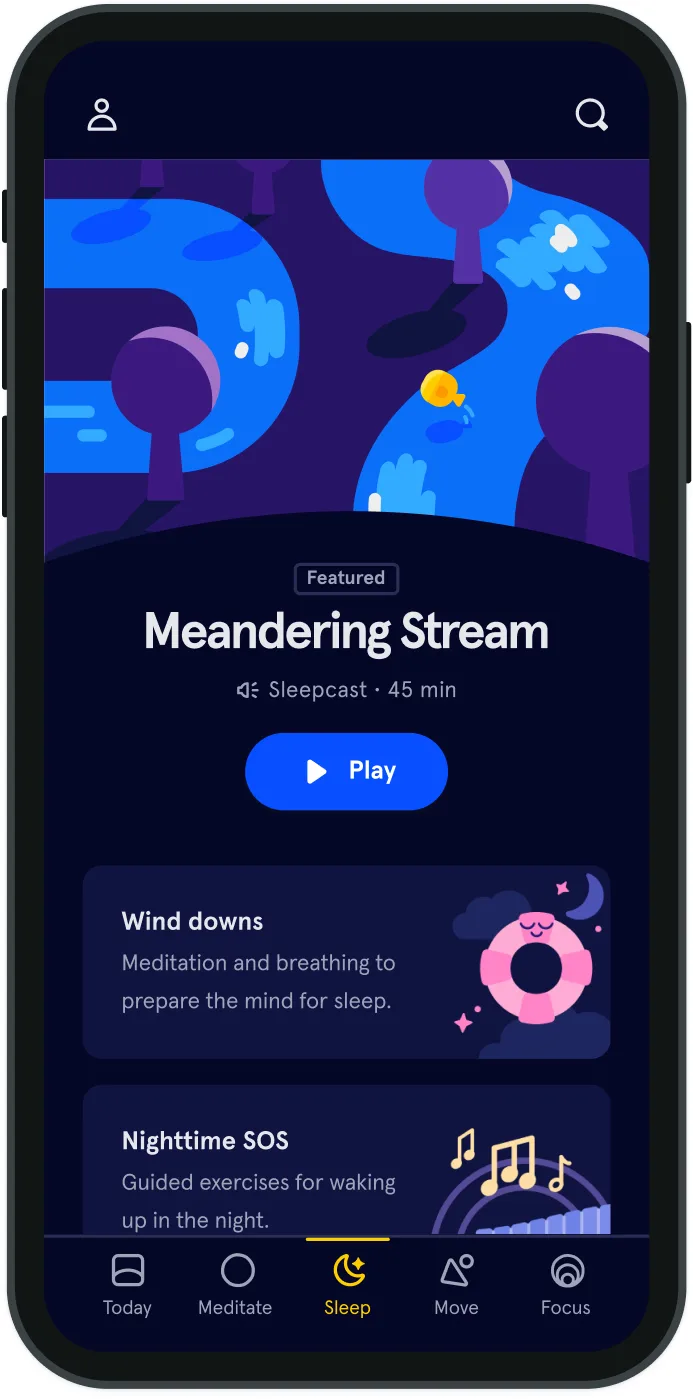Tall, dark and … digital?
I have a bad case of online dating envy. I don’t envy any specific date or match, but as a long-married person, I envy the entire experience of online dating.
If you’re single, you probably think I’m crazy. Most single people I know find online dating exhausting. They may go through phases where they enjoy the opportunity to find a date or even just to hook up … but when they are looking for a long-term relationship, they often complain about the time and emotional energy online dating consumes. I’ve never had to suffer through that process myself. I’ve been married for nearly sixteen years: when my husband and I got involved, online dating had barely been invented. But I’m a tech geek, and I hate the idea that there is an entire category of online services that I’ll never get to experience. I’m so jealous, in fact, that I’ve actually created online dating profiles, just so I can see what it’s all about: on Plenty of Fish (where I created a profile of someone who’s my exact opposite, so I wouldn’t be tempted by anyone who’d approach her), on Tinder (where my husband I spent an evening seeing if anyone we know would show up in my list of matches) and on OkCupid (where I completed so many survey questions that it started sending me excellent and tempting matches, so I had to cancel my account!) While I can’t pretend that these flirtations with the online dating world constitute real experience, they have confirmed what I long suspected: online dating is one of the Internet’s greatest contributions to humanity. For many people, finding a long-term relationship is a key goal, and the caliber of that relationship is a key determinant of their happiness.
But for many years, it was hard to find that special relationship. Once society embraced the idea of romantic marriage (as opposed to arranged marriages or marriages based on more practical considerations), our expectations for compatibility skyrocketed. Until the internet, however, there was no predictable or efficient way of actually finding that mythical, compatible partner. Online dating dramatically increased the opportunity to find someone who shared your interests—and who was actually single. Still, my friends talk about it as if it were a big trial. I always challenge these friends to imagine that they were going to spend the summer “getting out there” in the offline world, with the goal of meeting that special someone. You might go to a different party each week, and talk to five or ten new people at each party. If you did that for a month or two, and then met someone great at the fifth or sixth party you went to, you’d probably count yourself lucky. But look at the numbers: to meet that special person, you had to talk to somewhere between 25 and 60 people. And an awful lot of those people weren’t remotely eligible: you didn’t have anything in common with them, or they weren’t single, or they weren’t your type. The magical internet lets you round the 25 most-likely candidates in a single pool, and pre-screen them to ensure they are at least looking for potential dates and mates. Ideally, your profiles have helped you conduct at least some basic screening: you’ve decided that your prospects are reasonably attractive (at least as represented in their best photo), you know that they are single (or claim to be) and you may even have identified some common interests (so you have something to talk about on your first date). So what’s the problem? Talking with the many friends who have actual experience with online dating, it seems to come down to three Es: effort, etiquette and exposure. Let’s start with effort. I get it: setting up 25 individual dates (even short dates) takes a lot more time than going to five or six parties. You have to create a profile, screen requests, send requests, and then deal with the endless back-and-forth of scheduling. On the other hand, you could easily go to a dozen parties without meeting anyone you’re into: schedule 30 or 40 dates with actual single people looking for same, and your odds are a lot better.
So tackle the effort part by using the same tactics people use to simplify any online project: by getting organized, and using productivity tools the make your task simpler. Start by making a spreadsheet (you heard me!) that lists your must-have and nice-to-have criteria for a date or mate. If your must-haves include a lot of very specific criteria (must be very smart, a dog lover, a vegetarian, taller than me, plays a musical instrument, and has a graduate degree) you are going to have a harder time finding someone—but if those really are musts, then there’s no point in wasting time on people who fall short. When you’re reviewing profiles, use your spreadsheet to figure out if a prospect meets all your must-have criteria; if not, see if you can figure that out by messaging before you commit to a date. Then simplify the endless scheduling process by blocking off a few hours a week as your “first date” times, and choosing a couple of preferred meeting spots. When someone suggests making a date, you’ll already have a couple of times and places in mind. If even half of your prospective dates take you up on those suggestions, you’ve just reduced the effort of scheduling by 50 percent. That brings us to the next E: etiquette. One of the things that makes online dating so tiring for people is all the time they spend on dates with people they immediately know they’re not going to click with. Maybe it’s a simple matter of physical attraction; maybe you find their energy or conversational style off-putting. You spend five minutes giving them a chance and the next 55 minutes thinking, “how am I going to say a firm and final goodbye?" This is where I’ll invoke the advice of a friend who once told me how he handles the situation: as soon as he knows a guy isn’t a good fit for him, he ends the date. It’s as simple as saying, “hey, I’m glad we had a chance to meet, but I can tell this isn’t going to be a fit.” If that seems unimaginably daunting, commit to trying it once: it’s a great chance to practice setting boundaries. You may find it less terrifying than it seems. And if knowing you can bail on unsuccessful dates allows you to go on more dates (and increase the odds of meeting the right person) then it’s worth steeling yourself to be direct. After all, wouldn’t you rather have someone tell you that they don’t feel like it’s a fit, rather than wasting your time or leaving you wondering if they’re going to call?
The answer comes down to the very toughest E: exposure. When you commit to online dating, you’re exposing yourself. You’re exposing yourself when you set up your profile, and have to find a way to distill your divine essence down to a few hundred words and photos. You’re exposing yourself when you send or respond to a message, and take the chance of being rejected. Most challenging, you’re exposing yourself when you actually go on a date, and have to take the chance that the person you meet just won’t be into you—or that you’ll once again experience the disappointment of not being into them. But exposure is one thing I can tell you about from personal experience, because a long-term relationship is all about exposure. Yes, we’ve been married for sixteen years, but our relationship still depends on taking risks and exposing ourselves emotionally, just as it does when you’re going on a first date. Sometimes, it’s because the blur of parenthood and working life has kept us from really talking, so that a date night feels like a challenge in opening up and re-connecting. Sometimes it’s because there’s a difficult issue, like a simmering resentment or secret sexual desire, that takes real courage to address. Most often, it’s because the intimacy of living with someone for years and years means that they see you at your worst, as well as at your best. You have to find a way of living with the anxiety and vulnerability you can experience when someone has seen you completely fall apart, or throw up all over yourself, or do something mean or selfish. That’s real exposure: the exposure of letting someone see the actual you, with all your flaws and weaknesses, when nearly every aspect of your life would be upended if they decided they didn’t like what they see. The exposure of online dating is terrifying, but it’s also incredible preparation for the very real challenge of exposing yourself in the context of an long-term relationship. If your goal is not just to find a compatible partner, but to have happy relationship, then learning how to expose yourself emotionally is the single best way to prepare yourself for the challenges that entails. That’s why single people shouldn’t let the three Es keep them from embracing the opportunity of online dating. Yes, it’s a lot of work. But it’s the most important work you can do if you want to find and sustain love.

Until the internet, there was no predictable or efficient way of actually finding that mythical, compatible partner.
Alexandra Samuel
When you commit to online dating, you have to distill your divine essence down to a few hundred words and photos.
Alexandra Samuel


Be kind to your mind
- Access the full library of 500+ meditations on everything from stress, to resilience, to compassion
- Put your mind to bed with sleep sounds, music, and wind-down exercises
- Make mindfulness a part of your daily routine with tension-releasing workouts, relaxing yoga, Focus music playlists, and more
Meditation and mindfulness for any mind, any mood, any goal
- © 2024 Headspace Inc.
- Terms & conditions
- Privacy policy
- Consumer Health Data
- Your privacy choices
- CA Privacy Notice
